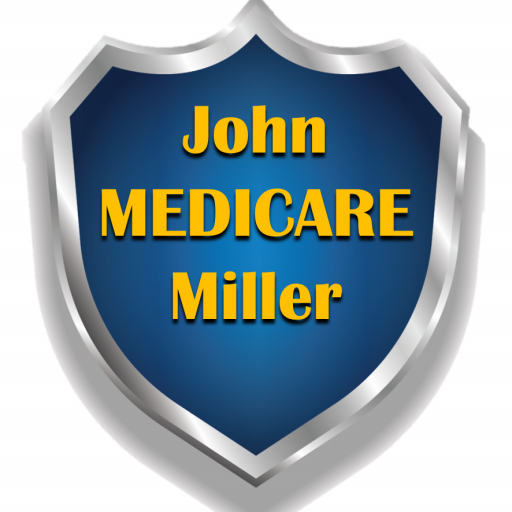Special Election Periods (SEP) One of the most complicated Medicare enrollment periods is the Special Enrollment Period. A SEP is when you can make changes to your Medicare Advantage and Prescription Drug coverage when certain events happen in your life. Events include situations such as if you move or lose other insurance coverage.
In Medicare terms, the word “election” means enrollment. Medicare Special Election Periods refers to the time when a person can enroll in the programs.
A person may sign up for Medicare parts A and B during the initial enrollment period, or when they first become eligible for Medicare. This is determined by your birthday.
Another option is the general enrollment period, which is from January 1 to March 31 of every year.
For Medicare Advantage or Part D, you can sign up during the initial enrollment period or the open election period, which extends from October 15th to December 7th of each year.
Below, we look at each Special Election Periods and enrollment periods in detail, discuss the penalties for signing up late, and describe how you can sign up.
You may qualify for Special Election Periods if you lose health coverage through your employer or the employer of a family member, including if you lose health coverage through a parent or guardian because you’re no longer a dependent.
What Happens After the Special Election Periods End?
Since the 2021 Special Election Periods or Open Enrollment is over, you can now enroll in or change a Health Insurance plan only if you have a life event that qualifies you for Special Election Periods.
Life changes that can qualify you for Special Election Periods
Because FEMA declared Corona Virus 2019 (COVID-19) to be a national emergency, if you qualified for Special Election Periods but missed your deadline to enroll in coverage because you were impacted by the COVID-19 emergency, you may still be eligible for Special Election Periods.
If you had a life event other than a loss of coverage and missed your Special Election Periods, call your agent and the Medicare through Social Security to see if you still qualify.
If you had a change in your household, got married, had a baby, adopted a child, got divorced, someone died, you may be able to start the day of the event.
Changes in Residence
Household moves that qualify you for a special enrollment periods include moving to a new home in a new ZIP code or county; moving to the U.S. from a foreign country or United States territory.
If you are a student, moving from the place you attend school, if you are a seasonal worker, moving to or from the place you both live and work, moving to or from a shelter or other transitional housing, you may qualify for special enrollment.
Other coverage losses that may qualify you for special enrollment periods include losing job-based coverage, losing individual health coverage for a plan or policy you bought yourself, losing eligibility for Medicaid or CHIP, losing eligibility for Medicare, losing coverage through a family member. Of course, all of these losses will be evaluated by the appropriate people in terms of special enrollment.
Note: Moving only for medical treatment or staying somewhere for vacation doesn’t qualify you for special enrollment.
Important: You must prove you had qualifying health coverage for one or more days during the 60 days before your move. You don’t need to provide proof if you’re moving from a foreign country or United States territory. Check with an agent or Medicare to see if you can qualify for their program.
In Summary
Whether you are looking at Medicare or Medicaid, it is important to look at how the various Special Election Periods, Initial Election Period and General Enrollment Period all work.
